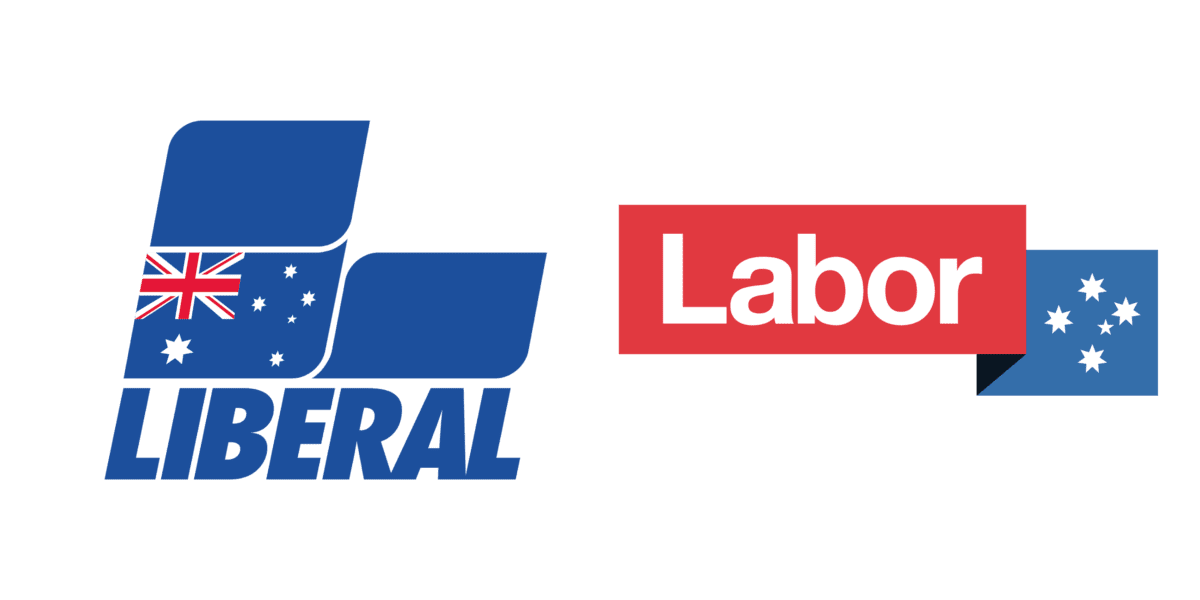
This piece was written and provided by FTMA Supporting Partner, Choice Energy.
The upcoming election presents a critical juncture for the nation’s energy future, with the Labor Party and the Coalition (Liberal/National) offering distinct paths forward. With early voting beginning this week, it’s time to discuss what both plans mean for small businesses.
Labor Party champions a rapid transition to 82% renewables by 2030, aiming for net-zero emissions by 2050. They oppose nuclear power, plan to phase out coal, and support a transitional role for gas. Labor proposes significant investments, including $22.7 billion for domestic clean energy manufacturing and $2.3 billion for battery subsidies, potentially saving households up to $2,300 annually. They also offer direct bill relief of $150-$300.
Coalition (Liberal/National) targets 54% renewables, keeping coal stations open longer, and proposing nuclear power at seven sites. Their gas policy focuses on reservation to reduce prices. Unlike Labor, they offer no direct subsidies, focusing on price reduction through supply. They also aim for net-zero by 2050 but with fewer short-term steps and no comparable investment in domestic manufacturing.

Potential Risks and Concerns:
Labor’s ambitious plan faces challenges:
- Grid stress from rapid renewables rollout may cause reliability issues.
- Battery subsidies might disproportionately benefit homeowners, leaving out renters and low-income families.
- High costs of local manufacturing could require ongoing support.
- Excluding nuclear limits energy mix flexibility.
- Execution risks like bureaucracy and workforce shortages could hinder meeting targets.
Liberal’s approach also carries risks:
- Nuclear rollout is slow and costly, potentially delaying decarbonisation.
- Capping renewables at 54% may deter private investment.
- Extending coal usage could increase emissions and risk stranded assets.
- Lack of support for low-income households leaves them vulnerable.
- Vagueness on the climate roadmap raises concerns about achieving net-zero goals.
Will Either Plan Save You Money in the Short Term?
Labor’s plan could eventually lead to lower wholesale prices as more renewables come online, and battery subsidies might benefit businesses investing in storage. However, the upfront costs of batteries remain significant, and grid upgrades could lead to higher network charges.
The Coalition’s plan focuses on stabilising prices through gas reservation and extending coal usage. While gas users might see some price reductions over time, there’s no immediate relief. The lack of direct subsidies means businesses won’t receive upfront assistance. Nuclear power is a long-term project with no short-term financial benefits. Furthermore, capping renewables could slow investment and innovation, potentially keeping prices higher in the long run.

Impact on SMEs
SMEs face a complex decision. Labor’s plan offers potential long-term benefits through lower wholesale prices and battery subsidies, but immediate relief is limited. The Coalition’s focus on gas prices might benefit specific sectors, but overall, short-term savings are uncertain. Businesses must weigh the potential for future cost reductions against the risks of grid instability (Labor) or delayed investment (Coalition).
In essence, both sides present advantages and disadvantages, and there’s no clear winner for SMEs in terms of immediate financial relief. Businesses will need to carefully assess their specific energy needs and long-term strategies when considering which party’s policies align best with their interests. The choice at this election will significantly shape Australia’s energy landscape for years to come.
As leading energy experts, we offer comprehensive bill validation and strategic procurement services to ensure you’re getting the best possible rates and managing your energy costs effectively.
Contact Alex Townsend at 0435 080 646 or email your latest energy bill to alex.townsend@choiceenergy.com.au for a free consultation and let us guide you through these changes to optimise your energy strategy.
Follow FTMA Australia for Industry News and Updates
Our Principal Partners



